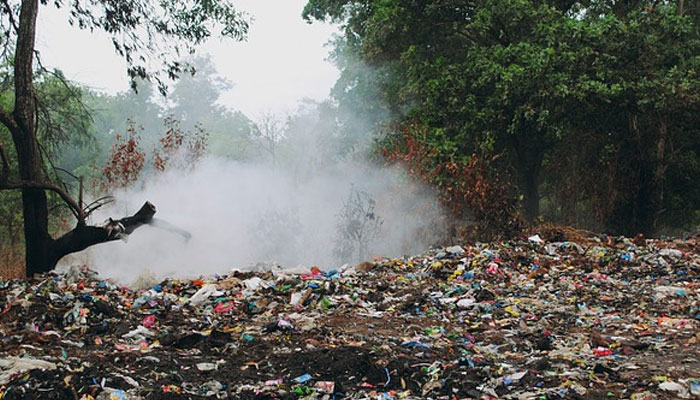“Impact of roadside pollution on genetic variation in plants”
Written by: Mehk ali student of B.s botany, Government Girls Degree College No1 Dikhan
Roadside pollution is the environmental contamination caused by emissions and waste from vehicles and nearby industries. It mainly results from exhaust fumes from motor vehicles, industrial emissions, and the discharge of pollutants into the air, soil, and water along roadsides.One of the major effects of roadside pollution on plants is its impact on their genetic diversity. Pollution creates a harsh and stressful environment, causing physiological and biochemical changes that can weaken a plant’s ability to grow, survive, and reproduce. Constant exposure to pollutants especially heavy metals can result in mutations or alterations in the plant’s DNA. These genetic changes are not always helpful and may lower the genetic diversity among plants in polluted areas. With less variation in their genes, plants become more prone to diseases, pests, and other environmental pressures, reducing their ability to adapt over time.In some situations, pollution may trigger natural selection, where only pollution-tolerant plants survive and reproduce, passing their resistant traits to the next generation. While this might seem beneficial, it can actually reduce overall genetic variety within the population. This loss of diversity can make the plants less flexible in facing new environmental challenges and slow their evolutionary response.Studies have revealed that plants growing near roads often exhibit different growth patterns compared to those in cleaner environments.
Exposure to toxic pollutants can disrupt normal plant processes, leading to stunted growth, reduced reproduction, and changes in gene expression. Additionally, habitat fragmentation caused by roads can isolate plant populations, reducing genetic diversity and increasing susceptibility to genetic drift, ultimately threatening their long-term survival.In conclusion, roadside pollution significantly affects the genetic diversity of plants. It not only harms their growth and health but also alters their genetic makeup, which could reduce genetic variation and make them more susceptible to other environmental pressures. Recognizing these effects is essential for creating conservation plans to protect plant species in urban areas and ensuring the long-term survival of plant populations exposed to pollution.




Comments are closed, but trackbacks and pingbacks are open.